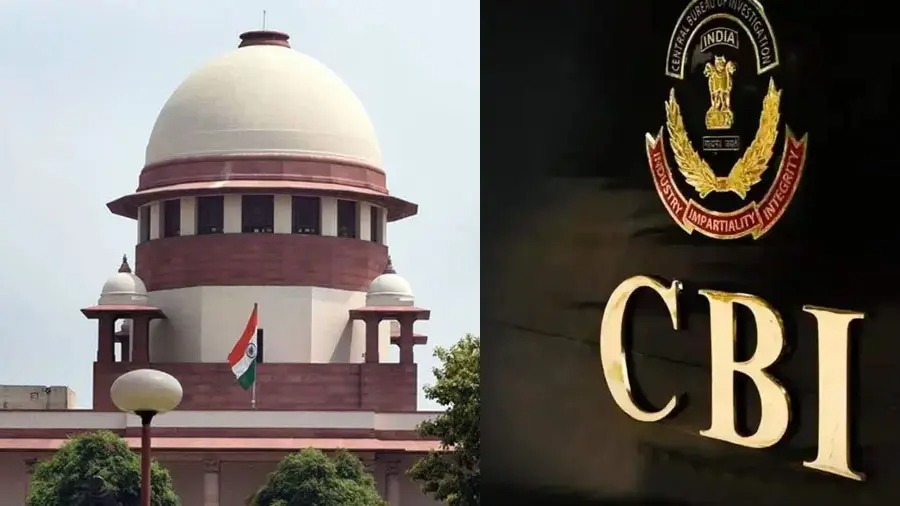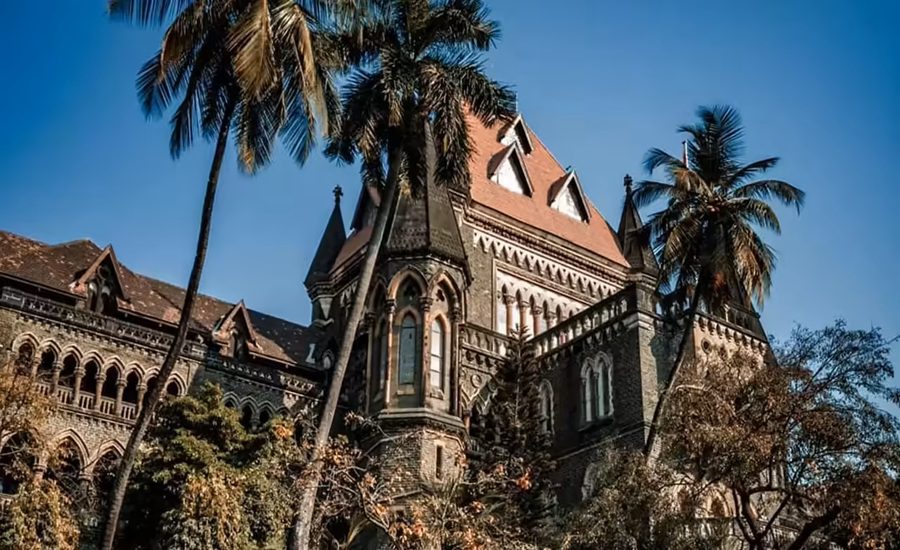T.S. Misra, J.@mdashThis is a plaintiff''s appeal arising out of a suit for possession of a portion of the house shown in yellow colour in the site plan attached with the plaint. In order to appreciate the facts it would be necessary to set out the admitted pedigree.
Matadin
|
Beli Prasad
|
Behari Lal = widow Smt. Dropadi Devi (deft. 4)
|
________________________________________________
| | |
Shri Krishna Das Ram Prakash Vishnu Narain
(plaintiff) (deft. 1)= (deft. 2)
wife Smt. Phool Kumari
(deft. 3)
2. The plaintiff alleged that Beli Prasad was a member of the Hindu joint family consisting of the plaintiff, defendant No. 1, defendant No. 2, Behari Lal and Beli Prasad. The joint family owned the house in dispute coming from Matadin, the common ancestor. Beli Prasad after obtaining the permission from the notified area on 9th August, 1923 built a house He died on 10th February, 1936. The house then devolved on the plaintiff defendants Nos. 1 and 2 and Behari Lal by survivorship and became the joint family property. It was alleged that the defendant No. 1 surrendered his entire interest in the aforesaid joint family including the house in suit in favour of the remaining members in lieu of Rs. 2000/- and separated from the family on the 2nd September, 1945, The plaintiff, defendant No. 2 and Behari Lal, however, still remained joint and the house in suit remained a joint family property. Behari Lal died on 29th May, 1955. The plaintiff alleged that on the demise of Behari Lal the plaintiff and the defendant No. 2 became the joint owners of the said house by survivorship. It was also averred in the plaint that the defendant No. 3 filed a suit No. 706 of 1956 against the defendant No. 4 for partition of her 1/3rd share from the house in suit stating that she was the owner of the said share under a gift made to her by the defendant No. 4. In that suit the plaintiff filed an application for being impleaded as a party but that request was not granted. That suit was decreed in terms of a compromise and the defendant No. 3 took possession over the portion in yellow colour in execution of that decree on 27th June, 1957. The plaintiff has, therefore, sought possession of that portion in that suit alleging that the decree passed in that suit was not binding on him. The suit was resisted by defendants Nos. 1 and 2 on a number of grounds. They alleged that the house in dispute was a self acquired property of Behari Lal and was not the joint family property. Behari Lal had made a gift of that house to his wife defendant No. 4, who, in her turn, made a sift in respect of 1/3rd share thereof in favour of defendant No. 3. It was also pleaded that in case the gift made by Behari Lal was found to be void the defendants 1 and 2 were also co-sharers in the house. The defendants 3 and 4 also contested the suit alleging that Behari Lal was the owner of that house and had made the gift of the same in favour of his wife. In the alternative, they pleaded the ownership by adverse possession. In his replication the plaintiff disputed the right of Behari Lal who made a gift of the same in favour of defendant No. 4 and reiterated the allegations made in the plaint. The trial Court held that the plaintiff and defendant No. 2 were the owners of the house in suit and that the defendant No. 3 was not the owner of 1/3rd of that house nor the defendant No. 4 was the owner of the 2/3rd thereof. It also held that the suit was within time. On these findings the suit was decreed against the defendants 1. 3 and 4. Against the said decision the defendants Nos. 3 and 4 preferred an appeal. The appellate Court below held on a consideration of evidence on record, that the Ahata No. 763 was owned by Matadin grant father of Behari Lal and the house in dispute was built by Beli Prasad. It was, thus, held that the house in dispute was the joint family property. That finding is based on an appreciation of evidence and the surrounding circumstances and I find no reason to interfere with the same. In fact the learned counsel for the appellant did not dispute this finding. The appellate Court below also held on evidence that Ram Prakash, the defendant No. 1 had executed a valid surrender deed Ext. 3 and he had no interest in the house in suit and that the said house remained joint family property of Behari Lal and his two sons Krishna Das plaintiff and Bishun Narain defendant No. 2 after the execution of the said surrender deed. This finding is also not disputed by the learned counsel for the appellant. The other finding, namely, Smt. Dropadi Devi defendant No. 4 did not acquire any right by virtue of gift deed Ext. B-10 dated 6th October, 1936 executed by Behari Lal is also not challenged by the appellant.
3. Behari Lal admittedly died on 29th May, 1955 leaving him surviving his wife Smt. Dropadi Devi and his sons Krishna Das and Bishun Narain. His widow therefore, became entitled to the same interest which Behari Lal had in the joint family property. That interest was limited interest known as the Hindu woman''s estate having the same right of claiming partition as a male owner: Section 3(3) of the Hindu Women''s Rights to Property Act XVIII of 1937. This position is also not disputed by the appellant. The appellate Court below also found that in view of the provisions of Section 14 of the Hindu Succession Act, 1956 the defendant No. 4 became the full owner of her 1/3rd share in the said house and was competent to make a gift in favour of the defendant No. 3. The gift deed was executed on 14th September, 1956 whereas the Hindu Succession Act came into force on 17th June, 1956. The appellate Court below, however, found that Phool Kumari defendant No. 3 obtained possession of the portion of the house in dispute on 3rd July, 1957 and as she was also one of the co-owners the plaintiff was not entitled to dispossess her and was not entitled to the relief claimed in suit. The appeal was therefore allowed and the suit was therefore, dismissed. Aggrieved, the plaintiff has now come to this Court in second appeal.
4. The learned counsel for the appellant urged that the position of the defendant No. 3 was that of an aliened of a share in the joint family property and was therefore not entitled to the exclusive possession of a portion of that property without seeking partition. It was argued that a transferee of an undivided interest of a coparcener in specific property did not acquire a right to joint possession with the other coparceners. Such a purchaser may compel a partition which the coparcener whose interest has been transferred to him might have complied had he been so minded before the transfer of his interest took place and that the right could only be enforced by a suit for a general partition. He urged that if the transferee had obtained possession, the non-alienating coparceners were entitled to sue for the recovery of possession of the whole of the property for the benefit of the joint family including the transferee. The transferee was not entitled in such a suit to an order for partition either for specific property transferred to him or of the joint family, property in general. He must, if he wanted to realise his transferees interest, bring a suit of his own for a general partition. It was, therefore, urged that a decree for delivery of possession of the property in dispute should have been passed in favour of the plaintiff declaring that the transferee, namely, defendant No. 3 was entitled to a declaration that she had acquired an undivided interest in the property and that she was entitled to take proceedings to have that interest ascertained by partition. There is a fallacy in this argument. Admittedly Behari Lal died on 29th May, 1955 leaving him surviving his wife Dropadi Devi and his two sons namely. Krishna Das and Bishun Narain (Ram Prakash having already surrendered his interest in the joint family property and separated from the joint family). On the demise of Behari Lal, his widow Dropadi Devi acquired by virtue of Section 3(2) of the Hindu Women''s Rights to Property Act, 1937, the same interest in the joint family property which Behari Lal had. That interest was limited interest. The Hindu Succession Act XXX of 1956 came into force on 17th June, 1956 when it received the assent of the President. Section 14(1) of the Act provides that any property possessed by a female Hindu whether acquired before or after the commencement of this Act shall be held by her as full owner thereof and not as a limited owner. Thus, on 17th June, 1956 Smt. Dropadi Devi became the full owner of the interest which she acquired on the demise of her husband In the said property and being full owner she was competent to transfer that interest by making a gift thereof or otherwise without the consent of the male coparceners of her husband. A Hindu mother is not a coparcener; hence the transfer by Smt. Dropadi Devi of her interest in the property in dispute was not a transfer of a coparcener''s interest in the joint family property. A male coparcener under the Banaras School of Mitakshara may not, without the consent of the other coparcener, sell his undivided share in the family estate for his own benefit but a female Hindu possessed of pro-petty whether acquired before or after the commencement of the Hindu Succession Act holds it as a full owner and is competent to dispose it of without the consent of the male coparceners of her husband. See
5. In the result, the appeal is allowed, the decree passed by the Court below is set aside and the decree passed by the trial Court is modified. The plaintiff and the defendant No. 2 are entitled to the portion of the house shown in yellow colour in the site plan attached to the plaint as co-sharers along with the defendant No. 3 and the suit is accordingly decreed for joint possession of the same. In the circumstances of the case the parties are directed to bear their own costs in this appeal as well as in the courts below.

